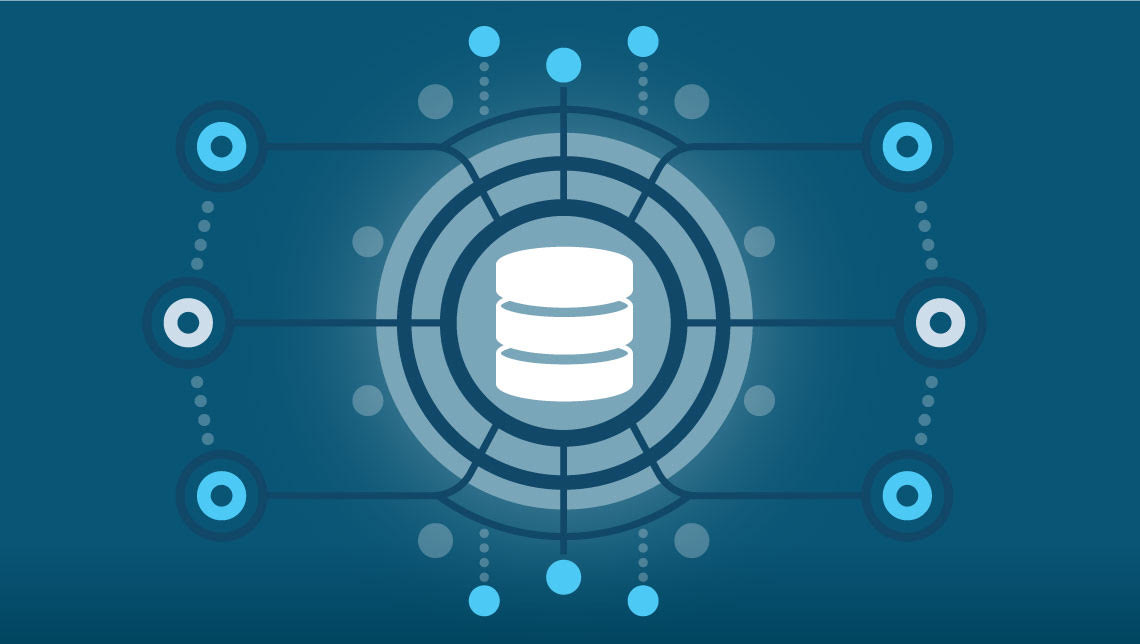Q: What are the key questions your customers typically ask when evaluating a systems integrator?
The best systems integrator is the one who can deliver real business value, effectively design the technology solution to map to the business needs, and whose experience closely matches the specific requirements of the customer’s project. To that end, customers should ask:
- How does the integrator align with my business drivers and pain points consistently throughout the effort?
- Does the integrator have extensive experience in your industry? Do you have examples or use cases we can review?
- Does the integrator have expertise in data and digital strategy, demonstrate thought leadership and offer strategic consulting?
- Does the integrator have dedicated consultants on the team with project management experience and knowledge of all the latest technologies, trends, and best practices?
- Has the integrator worked with companies of a similar fit? Examples may include: companies with a similar level of integration complexity, those with data sourced from external vendors/suppliers, or those with a geographically dispersed user base.
- Is the integrator an organizationally and financially stable company?
- Does the integrator provide post-implementation services and support?
Q: At what point does a systems integrator get involved, and how can the systems integrator help Akeneo with sales process?
A: A systems integrator such as Infoverity can enter at various times in the cycle.
Sometimes systems integrators get involved very early in the sales cycle, particularly if the client is in need of guidance around solution best practices, business process, change management or project delivery/phasing approach. This could take the form of an early discovery phase to help frame the program. Alternatively, the client may desire a more formal and in-depth strategy and roadmap exercise to lay out a longer-term vision for the data and systems landscape and evolution. The system integrator being evaluated should have significant experience to support the strategic needs of the specific client.
Other times an integrator comes in to support the RFI/RFP process. We work directly with a vendor like Akeneo to complement the technical tool capabilities and cost responses with a solution methodology for project planning, execution and post go-live hypercare or extended production support.
Finally, an integrator may be brought in after the vendor/software has already been selected and the client is seeking a partner for program strategy and/or implementation.
We certainly prefer to be involved as early as possible, in order to gain a deeper understanding of the specific use cases that are being addressed in the initial phase. Plus, we need to understand the longer-term vision, to ensure the first phase establishes a solid foundation to build upon.
Q: What are the typical business challenges faced by companies seeking a PIM/PXM or data governance solution?
A: The typical business challenges include the need to:
- Evolve their web presence to deliver an enhanced customer experience, beyond a transactional commerce focus
- Create an intuitive, clean interface for data management, product categorization, and copy editing
- Provide a clean, consistent, easily-searchable product catalog
- Customize the catalog to the customer segment - geography, role/purpose (B2B distributor versus the B2C consumer), branding, product offerings by market
And for Data Governance I would also include data quality. The major challenge is in getting complete, accurate and timely data to drive the digital experience. As much effort that goes into creating an intuitive, seamless site experience should also be spent in the authoring and enrichment of the data that serves as the bedrock for successful customer experiences.
Product information authored by multiple product lines or geographically-oriented teams can often follow their own standards (or none), and make data aggregation more challenging. We partner with the client to drive governance and quality processes as early in the product data life-cycle to more easily support the desired customer experience.
Q: Are there industry or regulatory standards that must be supported? Can you give an example of something that has become more of a challenge for integrators over time, due to the evolving nature of PIM/PXM implementations?
A: Yes, and a quality systems integrator will understand the standards that must be supported. They will have policies and procedures in place to help guarantee adherence to these tenets, and design and implement solutions and systems that comply with them.
Some examples include:
- EPA/regulatory requirements for companies with consumer products that have safety regulations
- Ingredient labeling requirements (e.g. for beer companies)
- EPA manufacturing requirements (e.g. for nail polish, detergent, etc)
- Appliance consumer-testing and safety-labeling data
- eCl@ss, a cross-industry product data standard for classification and description of products and services, emphasizing compliance with ISO/IEC industry standards, both nationally and internationally.
- ETIM, a worldwide uniform classification for technical products attributes or “features” that are needed for a product with a given classification.
Maintaining industry standard categorization/classification is critical to driving customer experience.
Q: As a systems integrator, what tendencies is Infoverity seeing in the PIM/PXM market recently?
A: Clients are emphasizing the digital customer experience, and the need to ensure consistent brand experiences across channels, geographies, and sites. Digital marketing needs are also evolving, due to data-driven consumer demands and insights on buying behaviors. All of this is increasing the pressure to provide all the information to the fingertips of the consumer to support their buying decisions and create loyalty.
Having a comprehensive data strategy to acquire, enrich and utilize product data is being seen as a foundational component to power the digital customer experience now and in the future.
About Infoverity
Founded in 2011, Infoverity is a leading systems integrator and global professional services firm that provides MDM and PIM Strategy and Implementation, Data Governance and Analytics, Content Management, Data Integration, Enterprise Hosting and Managed Services that help large enterprises in the retail, consumer goods, manufacturing, financial and healthcare sectors to simplify and maximize the value of their information. Infoverity, a 100% employee-owned company, is on the Inc. 5000, is recognized by IDG’s Computerworld as one of the Best Places to Work in IT, as a Wonderful Workplace for Young Professionals and as a Best Place to Work by Business First. Infoverity’s global headquarters is in Dublin, Ohio, the EMEA headquarters and Global Development Center is in Valencia, Spain and additional offices are located in the United Kingdom, France, Germany, Norway and Russia. For more information on Infoverity solutions, visit
Infoverity.com, follow
@Infoverity on Twitter, or
contact us today.



